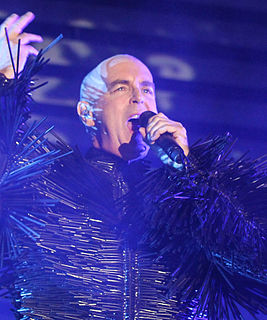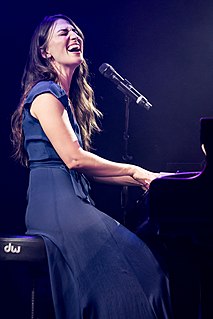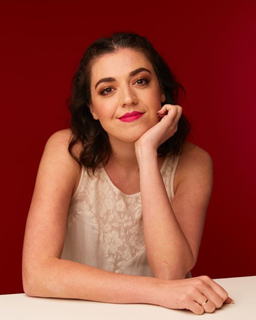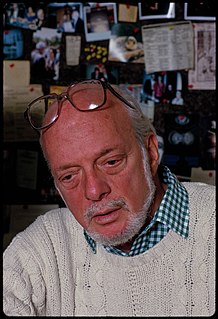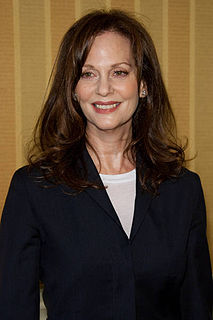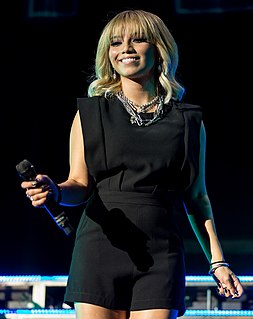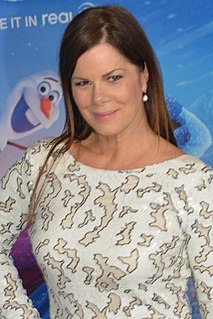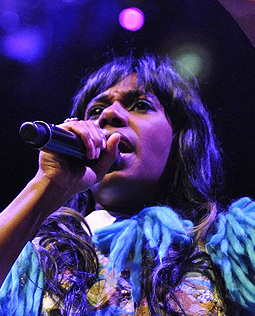A Quote by Neil Tennant
At one time musical theater, particularly in the '40s and '50s, was a big source of pop songs. That's how musical theater started, really - it was just a way of linking several pop songs for the stage.
Related Quotes
I'm somebody who grew up listening to a lot of musical theater, so getting to finally write musical theater songs and songs that sound that way - the emphasis being on the storytelling, but the arrangements and the orchestrations can be really varied - I found that to be, actually, a really joyful discovery.
Whether it's animated, whether it's live-action, whether it's Broadway, whether it's television, a musical is a musical is a musical. So, pretty much you approach the songs in pretty much the same way. The difference might be that in a film you have a close up. On stage you don't. So there are more songs on the stage because the songs are kind of the close up.
When I was younger, I definitely thought musical theater was sort of more pure than film. I used to say I'd never go to film because we had to get it right the first time in musical theater. But then, of course, I started doing film and realized I loved it. Keep in mind that I was 8 years old when I said that.
